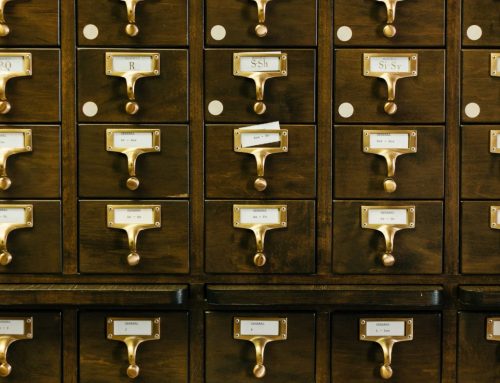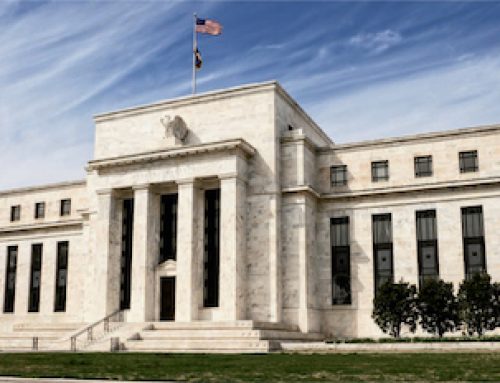On July 21, the United States House of Representatives Subcommittee on Consumer Protection and Financial Institutions (part of the Committee on Financial Services), held a hearing entitled Banking the Unbanked: Exploring Private and Public Efforts to Expand Access to the Financial System.
The hearing provided several statements that support the rationale for the Direct Express® program. Notably, Subcommittee Chair, Rep. Ed Perlmutter’ (D-CO), was vocal in his condemnation of paper checks to distribute government payments. He pointed out that recent “stimulus” payments had cost recipients a combined total of $66 million “just to cash the first round of checks”.
Rep. Perlmutter used the example of a constituent – who is a Direct Express® cardholder but received their stimulus payment by check, saying:
“At the start of the pandemic, a constituent of mine reached out to my office—we can call her Mrs. McGillicuddy. Mrs. McGillicuddy did not have a bank account, so she received her Social Security benefits in the form of a Direct Express® debit card. After the CARES Act passed, the first wave of economic impact payments went to Americans with a bank account on file with the IRS, so Mrs. McGillicuddy had to wait. When she finally did receive the paper check, Mrs. McGillicuddy was forced to find a check cashing service where—for a fee—she could cash the check. Compare that with the experience of folks who had an account linked to the IRS—they got the payments first and for free.”
He finished up by saying “This is one example of how expensive it is to be poor in the richest country in the world.”
Further support for the use of electronic payments for the distribution of government payments came in the testimony from Mehrsa Baradaran, Professor of Law at the University of California Irvine School of Law. Professor Baradaran said:
“Even when the US Treasury attempted to send stimulus checks to all Americans, many who were unbanked or underbanked, experienced great difficulty due to their lack of access to payments. Some had to pay extra fees to collect their stimulus checks, which resulted in unprecedented profits going to the banking industry solely in overdraft fees.”
In the event, nearly seven million stimulus payments were made via Direct Express®.
The DirectExpress.info website was established in part to showcase the value of electronic payments to government benefit recipients, including the unbanked, underserved and homeless, particularly in terms of the “card account” associated with the Direct Express® card, aspiring to maximize financial inclusion. Interested parties can visit the following links for more information:
• Innovation and Relevance: The Direct Express Advantage
• Life Before Direct Express
Video and testimony of the Banking the Unbanked hearing can be found here.
SOURCE: US House Financial Services Committee








